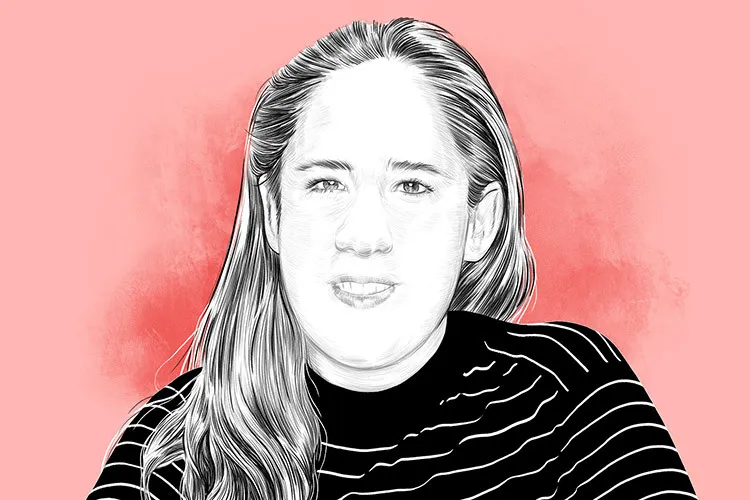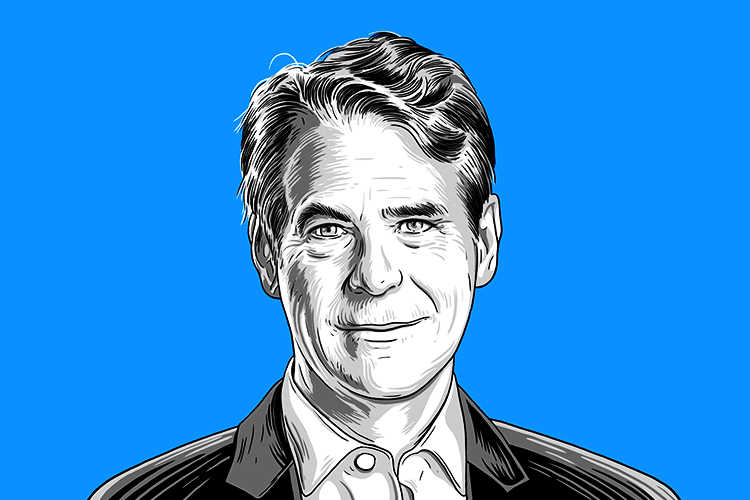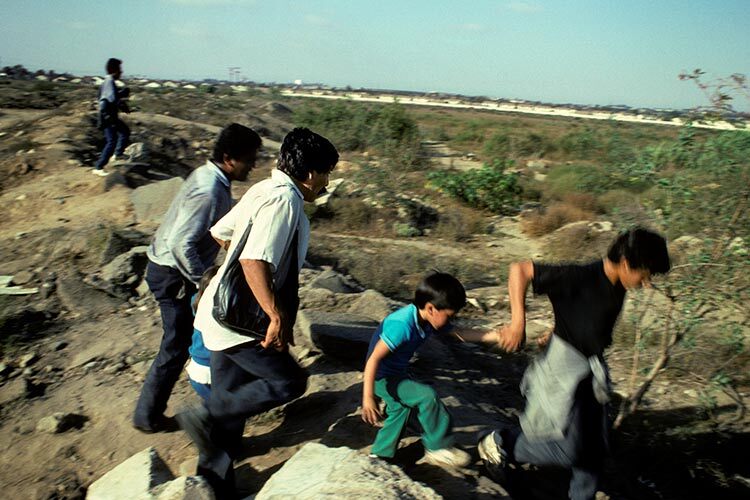By Perla Martínez*
The beginnings of climate science date back to the 20th century when, among other antecedents, scientist Charles Keeling demonstrated in 1958 that CO2 levels were rising and that the burning of fossil fuels was the cause.
Today, the science unequivocally states that climate change is chiefly caused by the burning of fossil fuels such as oil, gas, and coal, as this activity represents more than 75% of global greenhouse gas (GHG) emissions and almost 90% of CO2 emissions.
However, there are groups and people who reject the science, adopting the posture of so-called climate change denial, the origins of which lie in the 1970s, when oil companies such as EXXON initiated multi-million-dollar public relations strategies to discredit the science and deny climate change, despite having full knowledge of the scientific evidence from research they also funded. [1]
Over time, the popularity of this form of denial seems to have diminished or rather evolved from absolute denial to tactics to confuse and thus delay action.
For many specialists, one example of this current form of denial could be seen at COP 28 at the end of 2023, when the president of negotiations, oil executive Sultan Al Jaber, declared that “there is no science” behind the idea that fossil fuels should be phased out to prevent the average global temperature from rising 1.5 °C above preindustrial levels.[2]
However, the Intergovernmental Panel on Climate Change (IPCC), a United Nations body consisting of researchers from around the world that evaluates the science explaining climate change and whose reports follow a rigorous approval process to guarantee they have the best scientific evidence available, categorically states the opposite.
There are now hundreds of scientific and academic organizations producing climate science that reacted to Al Jaber’s comment with a statement to “remind” him of the scientific consensus indicating that nations should quickly phase out fossil fuels so as not to exceed the 1.5 °C increase.
Al Jaber responded that it had been “one statement taken out of context with misrepresentation.”
Despite this correction, fossil fuel-producing companies and countries focused discussion on the cause, and what should be phased out, not being the burning of fossil fuels but the emissions they generate.
They centered their proposals on phasing out emissions through technology to capture and remove carbon from the atmosphere without commitments to stop extracting and burning fossil fuels. Although this may sound like a solution, these are emerging technologies: they currently only eliminate 0.1% of CO2, they are costly, and they are not available at commercial scale.
The IPCC was very clear in its summary of the Sixth Evaluation Report: to keep alive the objective of not exceeding 1.5 °C, it is necessary to reduce GHG emissions by 50% by 2030 at the latest and reach net zero emissions by 2050 at the latest, and this can only be achieved with an immediate, rapid, and equitable fossil fuel phaseout as the cornerstone of any strategy.
We do not know for sure whether Al Jaber’s statement was a mistake or a misinterpretation (both options are unlikely) or was more likely a negotiation strategy and an evolved denial tactic that in the end influenced the final agreement.
What we do know is that after the controversial negotiations and, despite more than 100 countries supporting an agreement with wording aligned with the science for a just, orderly, and equitable phaseout of fossil fuels, the agreed text was “transitioning away from fossil fuels in energy systems in a just, orderly, and equitable manner.”
For many, the final wording is a reformulation of commitments that many signatory governments have already assumed and not met for many years and is an evolved form of denial, which is more sophisticated and harder to identify as it is confusing and attempts to make it seem like progress (to remove pressure and look good in the public eye) while actually delaying action in the areas indicated by the science.
Al Jaber said that keeping 1.5 °C attainable was the north star of COP 28. It would help if the north star were clearer by COP 29 and should rather be the statement from the IPCC that fossil fuels have to go, not in the manner and pace desired by the oil industry but in the way dictated by the science: immediately, rapidly, and equitably.
*Perla Martinez is manager of the Center for the Future of Cities and was part of the Tec Delegation that attended the COP28 in Dubai in December 2023.
[1] Podcast: Weaponizing Uncertainty, with Vox’s Unexplainable. https://player.fm/series/drilled/weaponizing-uncertainty-with-voxs-unexplainable
[2] 1.5 °C is the threshold beyond which, based on scientific evidence from the IPCC, humans cannot adapt to the effects of the climate crisis, such as rising sea levels and increasingly extreme storms, heat, drought, and wildfires.
















